Rebuilding Together: The Transformative Power of Couples Rehabs on Relationships
In the intricate tapestry of human relationships, love stands as one of the most profound and complex threads. While love can be a source of immense joy and fulfillment, it can also be challenged by life’s myriad obstacles, including addiction. For couples grappling with substance abuse, the journey to recovery can be particularly daunting, as the battle involves not only individual healing but also the restoration of the relationship itself. This is where couples rehabs emerges as a beacon of hope.
Couples rehabs programs are specialized treatment facilities designed to address the unique needs of partners who are jointly navigating the turbulent waters of addiction. These programs recognize that addiction does not occur in a vacuum; it affects the dynamics of the relationship and often exacerbates underlying issues that contribute to substance abuse. By focusing on both individuals and their relationship, couples rehabs aims to foster a holistic recovery process that heals both hearts and habits.
The concept of couples rehabs is relatively novel but has gained traction as more people acknowledge the interconnected nature of individual and relational well-being. Through a combination of therapeutic interventions, couples can work together to rebuild trust, enhance communication, and develop healthier coping mechanisms. This comprehensive approach not only helps in overcoming addiction but also strengthens the relationship, making it a powerful tool in the fight against substance abuse.
This article delves into the transformative impact of couples rehabs on the lives of partners. We will explore the foundational principles of these programs, the myriad benefits they offer, and the challenges they pose. By shedding light on this innovative approach to addiction treatment, we aim to provide a nuanced understanding of how love can indeed triumph over adversity through the support of specialized rehab programs.
Couples Rehabs Services 888-325-2454
The Concept of Couples Rehabs
Defining Couples Rehabs
Couples rehabs is a specialized form of therapy and treatment program designed explicitly for partners who are struggling with substance abuse and addiction. Unlike traditional rehab programs that typically focus on the individual, couples rehabs addresses the unique dynamics and challenges that arise within a relationship impacted by addiction. The goal is to help both partners achieve and maintain sobriety while simultaneously working on improving their relationship. This dual approach ensures that the recovery process is holistic, addressing not only the substance abuse issues but also the interpersonal dynamics that can either hinder or support long-term recovery.
Historical Background
The concept of couples rehab is relatively new compared to individual-focused rehabilitation programs. It emerged from the growing recognition that addiction often affects not just the individual but also their closest relationships. In the early 2000s, mental health and addiction specialists began to see the value in treating couples together. Research indicated that recovery outcomes improved significantly when both partners were involved in the treatment process. Early pioneers in this field combined elements of couples therapy with addiction treatment, creating an integrated approach that could address both substance abuse and relationship issues simultaneously. Over the past two decades, couples rehabs has evolved, incorporating evidence-based practices and expanding to include various forms of therapy and support.
Core Principles
The core principles of couples rehabs revolve around a few key tenets:
- Mutual Accountability: In couples rehabs programs, both partners are encouraged to take responsibility for their actions and their recovery. This fosters a sense of mutual accountability and support, which can be crucial for long-term success. Each partner learns to recognize their role in the relationship and their own recovery journey, helping to create a balanced and cooperative dynamic where both individuals are committed to maintaining sobriety and supporting each other through the challenges of recovery.
- Communication: Effective communication is at the heart of any successful relationship, and it becomes even more critical when dealing with addiction. Couples rehabs programs often include communication skills training to help partners express their needs, concerns, and emotions in a healthy and constructive manner. This training can include techniques for active listening, non-violent communication, and conflict resolution, enabling couples to navigate difficult conversations and emotional triggers without resorting to negative behaviors or misunderstandings.
- Trust Building: Addiction can severely damage trust within a relationship. Rebuilding this trust is a fundamental aspect of couples rehabs. Therapeutic interventions focus on honesty, transparency, and consistent behavior to help partners regain trust in each other. This process may involve setting and keeping promises, being open about recovery progress and setbacks, and demonstrating reliability in daily interactions. Over time, these efforts can help restore the foundation of trust that is essential for a healthy relationship.
- Individual and Joint Therapy: Balancing individual therapy with joint sessions is essential in couples rehabs. Each partner needs space to work on their personal issues related to addiction, while also participating in joint sessions to address relationship dynamics and mutual goals. Individual therapy allows for a focused exploration of personal triggers, traumas, and coping strategies, while joint therapy sessions provide a platform to work on communication, conflict resolution, and shared recovery plans, ensuring that both aspects of the recovery process are addressed.
- Relapse Prevention: Relapse is a common challenge in addiction recovery. Couples rehabs programs equip partners with strategies and tools to prevent relapse, both individually and as a couple. This often includes identifying triggers, developing coping mechanisms, and creating a supportive environment for ongoing sobriety. Partners learn to recognize signs of potential relapse, support each other in stressful times, and implement joint action plans to handle cravings or setbacks, thereby reducing the risk of relapse and reinforcing their commitment to recovery.
- Support Systems: Building a strong support system outside of the relationship is also emphasized in couples rehabs programs. This can include family, friends, and support groups that can provide additional layers of encouragement and accountability. By fostering connections with a broader community of support, couples can benefit from shared experiences, practical advice, and emotional reinforcement, which are all crucial for sustaining long-term recovery. This external network helps ensure that both partners have access to diverse sources of strength and motivation, enhancing their resilience and adaptability in the face of recovery challenges.
By understanding and embracing these core principles, couples rehabs aims to not only facilitate sobriety but also to strengthen the relationship, making it a source of support and resilience in the face of future challenges.
Benefits of Couples Rehabs
Couples rehabs, a specialized form of rehabilitation designed to address the unique challenges faced by couples struggling with addiction, offers a myriad of benefits that extend beyond individual recovery. This holistic approach not only aids in the battle against substance abuse but also fortifies the relationship between partners, fostering a stronger, more resilient bond. Below are some of the key benefits:
Improved Communication Skills
One of the foremost benefits of couples rehabs is the enhancement of communication skills between partners. Addiction often erodes trust and creates a communication barrier, where misunderstandings and unspoken grievances become the norm. Couples rehabs provides a structured environment where both partners can learn to express their thoughts and feelings openly and honestly. Through guided therapy sessions, couples are taught effective communication techniques, such as active listening and non-judgmental expression, which help in breaking down barriers and fostering mutual understanding. As partners begin to communicate more effectively, they can resolve conflicts more efficiently and create a supportive atmosphere conducive to recovery.
Enhanced Emotional Support
Emotional support is a critical component of recovery, and couples rehabs significantly enhances this aspect. In traditional rehab settings, individuals often face the journey to sobriety alone, which can be an isolating and daunting experience. However, in couples rehabs, partners can lean on each other for emotional support, sharing their struggles and triumphs. This mutual support helps in reducing feelings of loneliness and despair, which are common during recovery. Moreover, the shared experience of overcoming addiction can deepen the emotional connection between partners, making them more empathetic and understanding towards each other’s struggles. This strengthened emotional bond can be a powerful motivator, encouraging both partners to stay committed to their recovery goals.
Strengthened Relationship Bonds
Addiction can take a severe toll on relationships, often leading to estrangement and breakdowns in trust. Couples rehabs addresses these issues head-on, offering strategies to rebuild and strengthen relationship bonds that may have been weakened by addiction. Through joint therapy sessions, couples can work through past grievances and develop a deeper understanding of each other’s experiences and perspectives. The rehab process often includes activities designed to rebuild trust and intimacy, such as couple’s counseling, trust-building exercises, and shared recreational activities. As couples progress through these stages, they often find that their relationship becomes more resilient and capable of withstanding future challenges. This renewed sense of partnership not only benefits their personal lives but also enhances their ability to support each other in maintaining long-term sobriety.
In summary, couples rehabs offers a comprehensive approach to recovery that addresses both individual and relationship dynamics. By improving communication skills, enhancing emotional support, and strengthening relationship bonds, couples rehabs provides a solid foundation for both partners to achieve lasting sobriety and a healthier, more fulfilling relationship.
Challenges Faced in Couples Rehabs
While couples rehabs offers numerous benefits, it is not without its challenges. The journey to recovery and strengthened relationships is fraught with obstacles that couples must navigate together. Understanding and addressing these challenges is crucial for the success of the rehab process. Here, we delve into some of the primary challenges faced in couples rehabs:
Overcoming Trust Issues
Trust is a cornerstone of any healthy relationship, but it is often one of the first casualties in the face of addiction. Couples entering rehab frequently grapple with deep-seated trust issues that can complicate the recovery process. Past betrayals, lies, and broken promises create a landscape of suspicion and doubt that can be difficult to traverse. Rebuilding trust requires time, patience, and consistent effort from both partners. Therapists play a pivotal role in guiding couples through exercises and conversations designed to restore faith in one another, fostering an environment where honesty and transparency can flourish.
Managing Individual Recovery Paths
Each partner in a relationship has their own unique journey towards recovery, influenced by their personal history, addiction severity, and psychological makeup. This individuality can pose a significant challenge within the context of couples rehabs. While the goal is to heal together, it is imperative that each person’s recovery path is respected and supported. Conflicts may arise when one partner progresses more quickly than the other or deals with different aspects of recovery. Therapists must help couples navigate these disparities, ensuring that both partners receive the individual attention they need while also working towards joint recovery goals.
Balancing Personal and Joint Therapy
Couples rehabs typically involves a combination of individual and joint therapy sessions. Striking the right balance between these two types of therapy can be challenging. Individual therapy allows each partner to explore personal issues and develop self-awareness, which is critical for personal growth and recovery. Joint therapy, on the other hand, focuses on improving the relationship dynamics and fostering mutual support. An imbalance, where one type of therapy overshadows the other, can lead to incomplete healing and unresolved issues. Therapists must carefully design treatment plans that address both personal and relational needs, ensuring comprehensive recovery for both partners.
In conclusion, while couples rehabs presents a unique set of challenges, addressing these obstacles head-on is essential for successful recovery. Overcoming trust issues, managing individual recovery paths, and balancing personal and joint therapy are critical steps on the journey to a healthier, more supportive relationship. With dedication, open communication, and professional guidance, couples can triumph over addiction together, emerging stronger and more united.
Couples Rehabs’ Impact on Couples’ Lives
In conclusion, couples rehabs represents a transformative option for couples grappling with substance abuse and seeking to rebuild their lives together. By providing a structured environment that emphasizes mutual support, communication, and healing, these programs address both the individual and relational aspects of recovery. The benefits of couples rehabs extend beyond improved communication skills, enhanced emotional support, and strengthened relationship bonds; they lay the foundation for a healthier, more resilient partnership.
However, the journey to recovery is not without its challenges. Overcoming trust issues, managing individual recovery paths, and balancing personal and joint therapy require dedication, patience, and professional guidance. Yet, the rewards of navigating these obstacles can be profound, leading to a more intimate and understanding relationship.
Ultimately, love’s triumph in the context of couples rehabs is a testament to the power of partnership in overcoming adversity. Through commitment and collaborative effort, couples can emerge stronger, more connected, and better equipped to face future challenges. In a world where addiction often isolates individuals, couples rehabs offers a pathway to healing that celebrates the strength and resilience of love.

1. What is the impact of couples rehabs on the lives of couples struggling with addiction? Couples rehabs offer a unique opportunity for couples to heal together, rebuild trust, and strengthen their relationship while addressing substance abuse issues. This can lead to lasting positive changes in their lives.
2. How does participating in a couples rehabs program strengthen the bond between partners? Participating in a couples rehabs program provides a supportive environment for partners to work through challenges together, learn effective communication skills, and develop a deeper understanding and empathy for each other’s struggles.
3. Can couples in rehab receive personalized treatment plans tailored to their unique needs? Yes, couples in rehab receive personalized treatment plans that address their individual substance abuse issues, relationship dynamics, and personal goals, ensuring that their treatment is tailored to their specific needs as a couple.
4. What role does counseling play in couples rehab programs at Couples Rehabs? Counseling is a key component of couples rehabs programs, providing couples with the opportunity to address relationship issues, learn healthy coping mechanisms, and rebuild trust and intimacy in a supportive and guided environment.
5. How does Couples Rehabs support couples in maintaining a sober lifestyle after completing the rehab program? Couples Rehabs offers aftercare and relapse prevention support to help couples transition into their daily lives with the tools and strategies necessary to maintain their sobriety and continue to strengthen their relationship.
6. Can couples with co-occurring mental health challenges receive specialized care within couples rehab programs at Couples Rehabs? Absolutely, couples rehabs programs at Couples Rehabs are equipped to address co-occurring mental health challenges, providing integrated care to address both substance abuse and mental health issues simultaneously.
7. Are there specific activities or therapies designed to strengthen the bond between couples in rehab? Couples rehabs programs often include activities such as couples counseling, experiential therapy, and relationship-building exercises to help couples strengthen their bond and reestablish trust and connection.
8. How does Couples Rehabs ensure the quality and effectiveness of its couples rehab programs? Couples Rehabs’ couples rehab programs are led by experienced therapists and counselors who provide evidence-based therapies and individualized care to ensure the effectiveness of the treatment and the well-being of the couples.
9. What are the potential long-term benefits of participating in couples rehab at Couples Rehabs? The potential long-term benefits include a stronger, healthier relationship, improved communication and conflict resolution skills, and the ability to support each other in maintaining a sober and fulfilling life together.
10. How can couples access the couples rehab programs at Couples Rehabs? Couples can access the couples rehab programs at Couples Rehabs by reaching out to our admissions team, who will guide them through the intake process and provide the support needed to begin their journey to recovery as a couple.







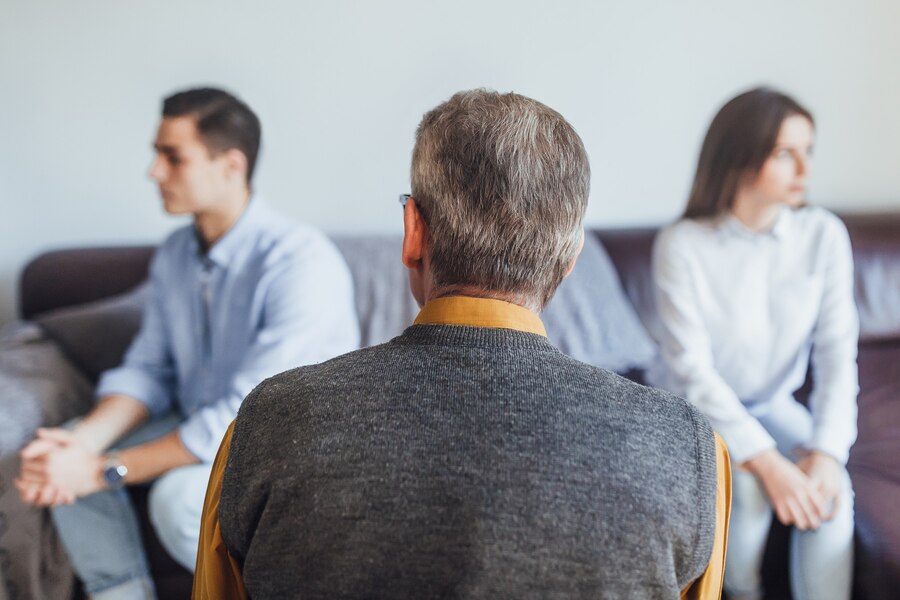

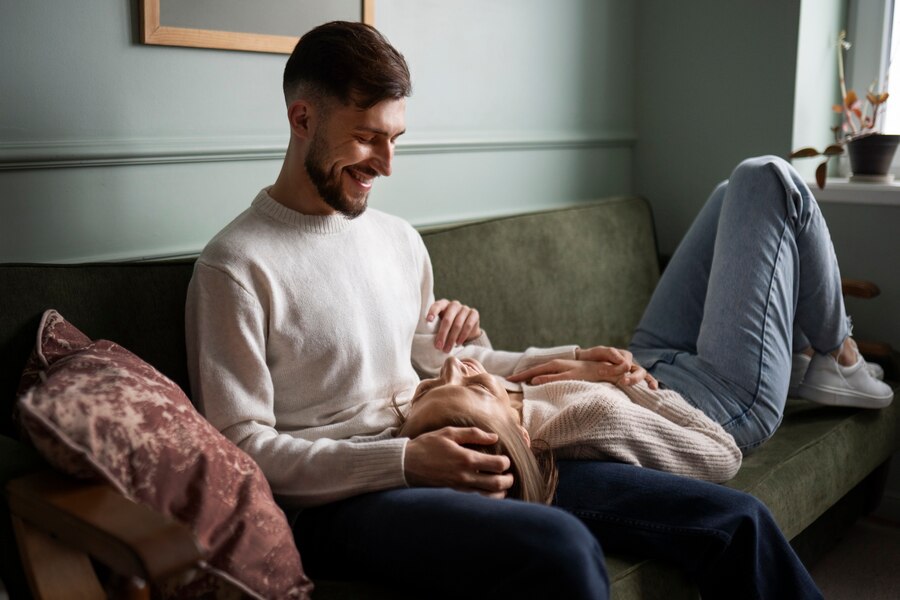



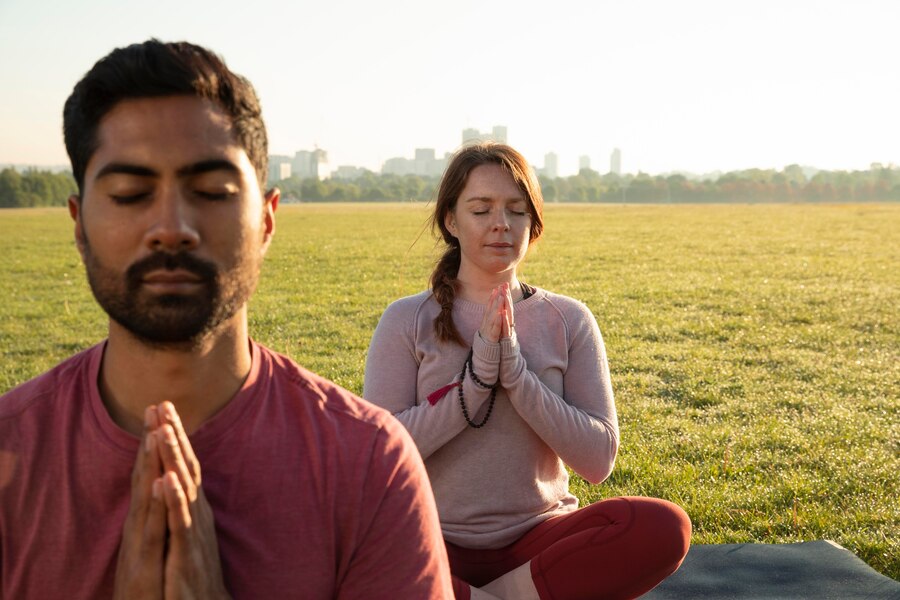
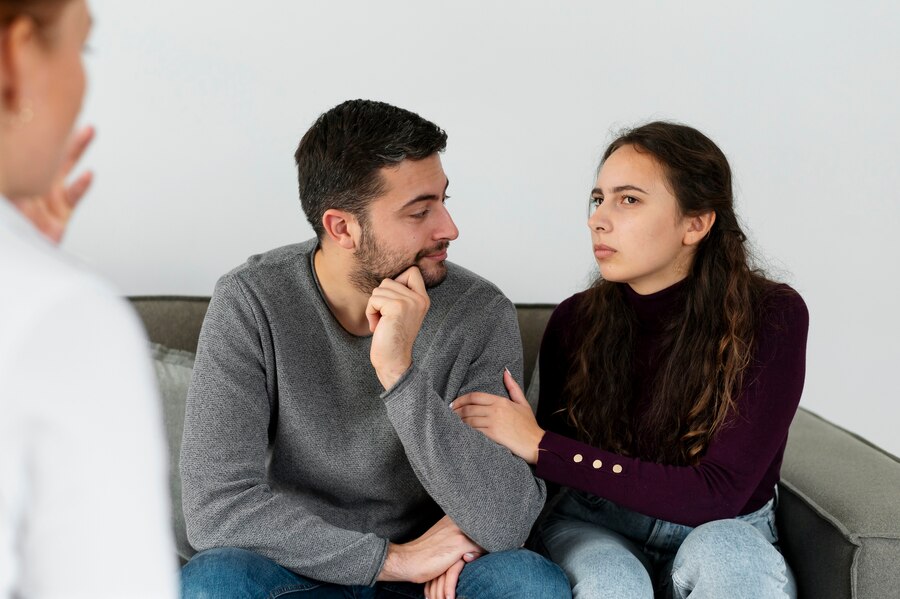


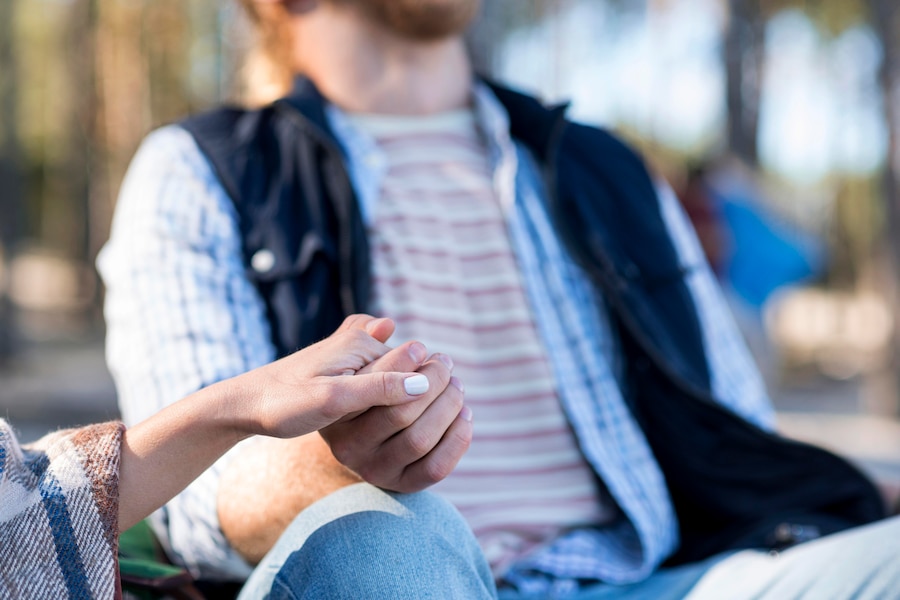


Recent Comments